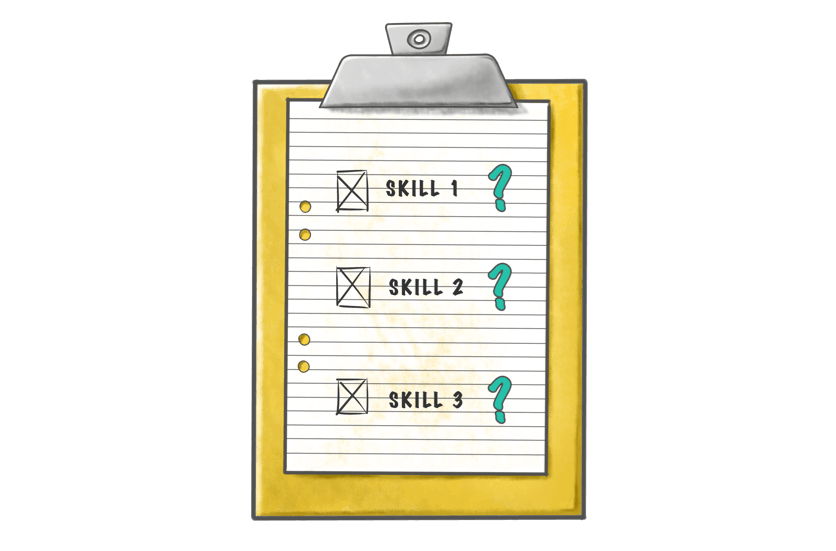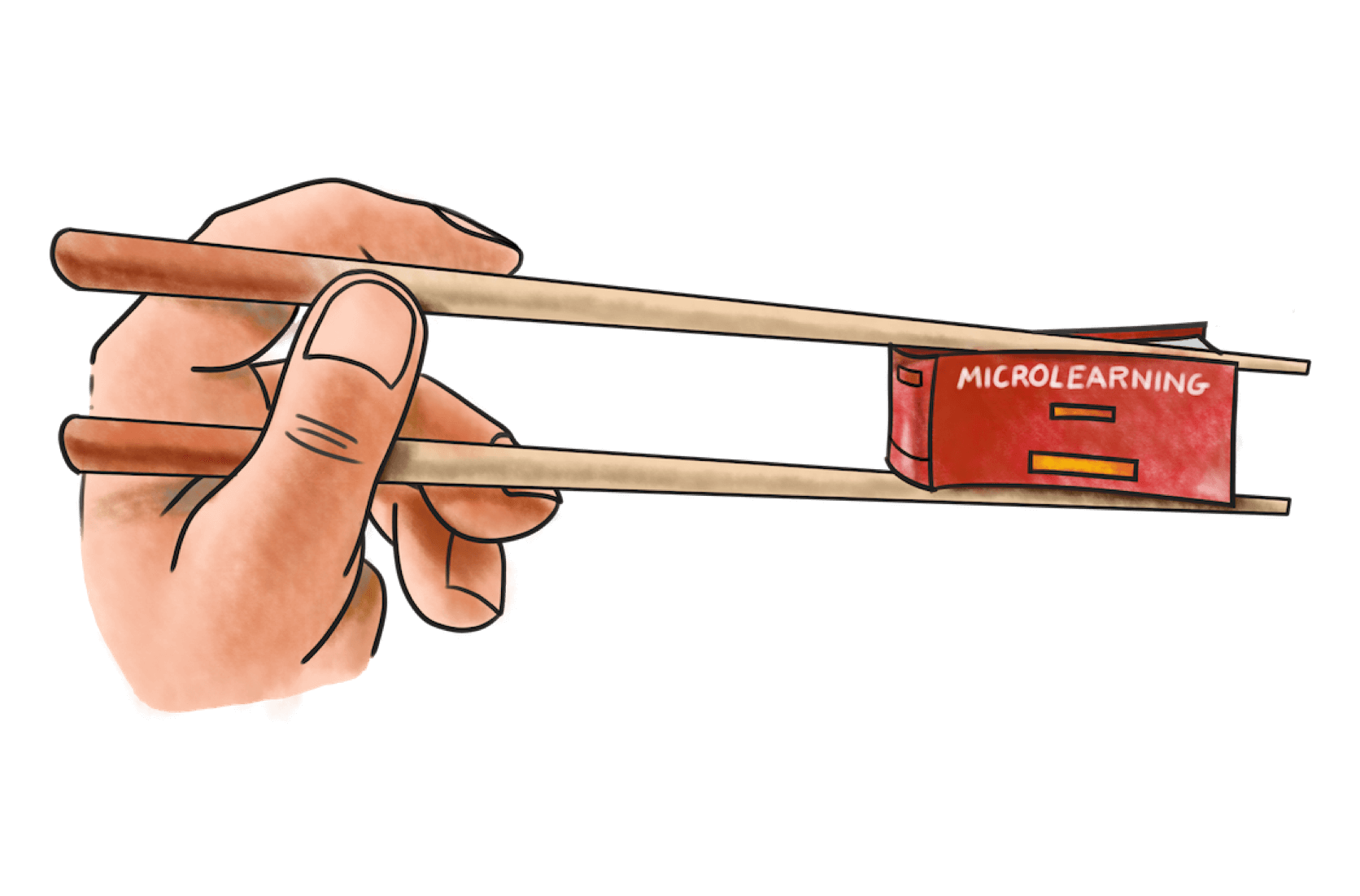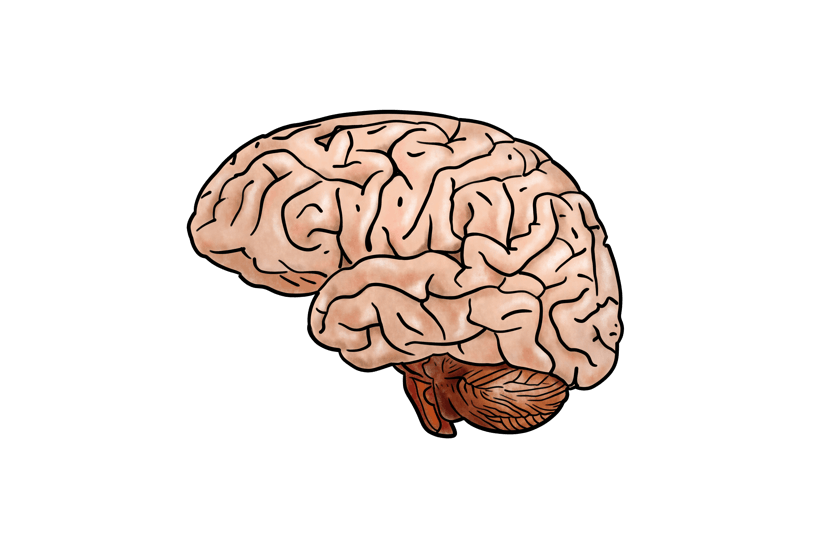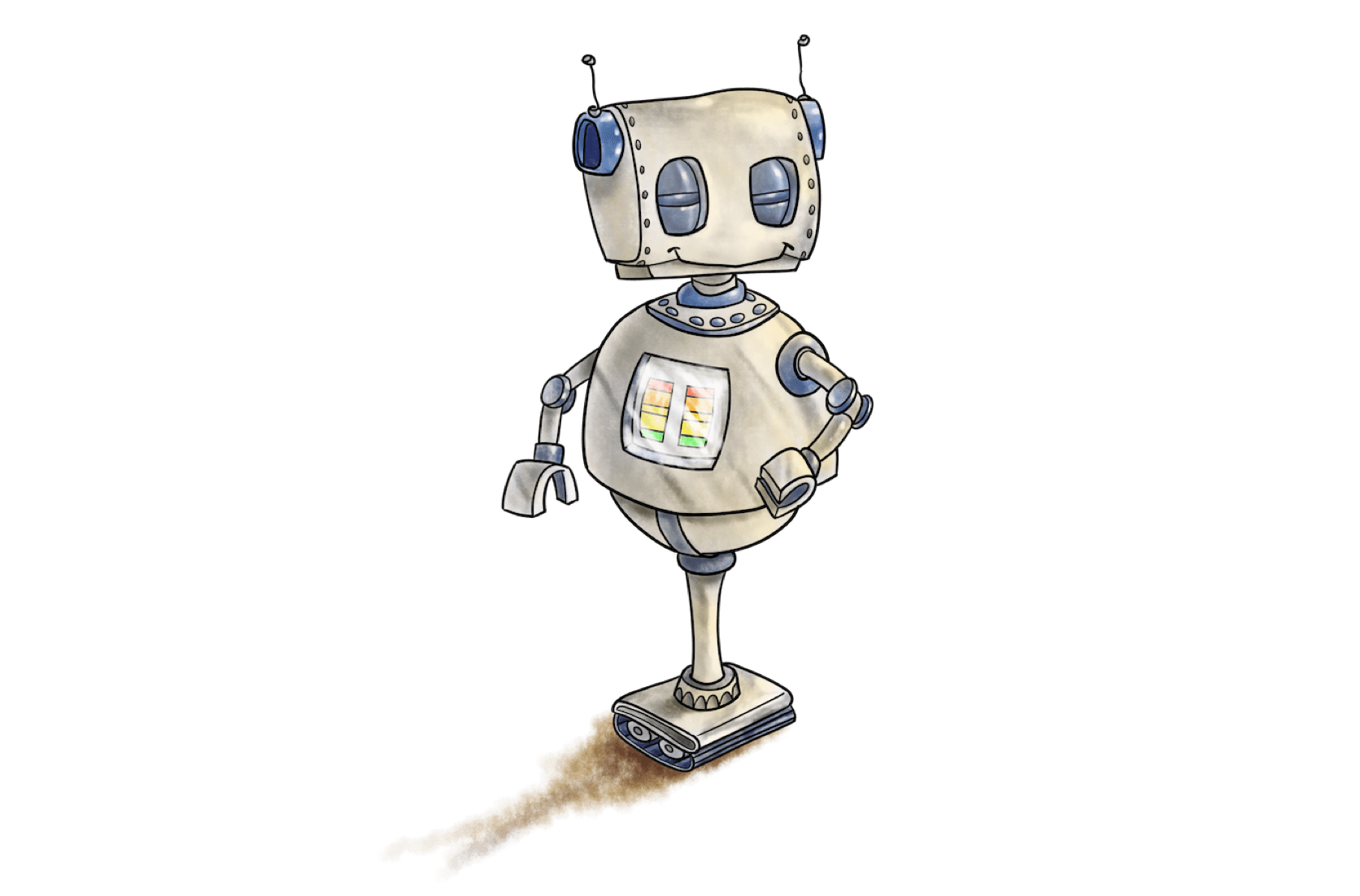
This is how life works: You do twelve years of schooling (not including the less rigorous pre-schooling days), then you do another 3-6 years at Tafe, University, or the School of Hard Knocks. Then finally - finally - you graduate, get a job and can rest easy on your lazy laurels. You never have to learn again, because you’ve already done it. It’s over. You’ve reached the knowing stage of life.
But –
We’re In Danger
Last Tuesday some random man on the street told me that a robot was going to take my job. My grandma’s always telling me how lazy I am because the computer does everything for me. A professor gave me a big list of the jobs that are going to be obsolete by the time I finish university (it’s all of them). If you read anything about anything, it says the same: everything’s changing fast, the robots are coming for our jobs.
This is why every Learning and Development manager, every HR rep, and every business grad with a minor in Entrepreneurship is banging on about “Continuous Learning”.
It sounds terrible. You literally just handed in your last essay on Baa Baa Black Sheep and now they want you to learn again. Didn’t we do this already? However, Continuous Learning is as much opportunity as it is burden. Not the old adage, “Knowledge is Power”, but closer to “Knowledge is Autonomy.”
Learn Longer, Live Longer
First, let’s talk about your longevity. It’s looking like we’re all going to be around for a while yet. But increasing your life span doesn’t mean increasing your youth, it means increasing your old age. However, there is some good news: maintaining an intellectually engaging and physically active lifestyle has been linked to improved cognitive functioning. What does this mean? It means the trick to being 90 and not having vegetable lasagna for brains is to keep learning. Train your brain like it’s a muscle, because that is exactly what it is. Keep working on it, keep making it learn new things. You may still have dentures and questionable continence, but you’ll be able to hold a conversation without the kids these days telling you you’ve lost your marbles along with your critical thinking skills.
Your Brain is a Map
More generally, Continuous Learning aligns with what scientists believe is the way your brain works. Imagine a map of your neighbourhood. If you were walking home right now, you could cut through and find a short cut, even if you’d never been down that street before. You can do this because your brain makes connections, forms a map. It can plot paths you’ve never walked. If you let it, eventually it’ll draw a line straight from Teletubbies to Theoretical Physics.
Review, Revise, Re-Learn
However, it’s not just about learning something new. You’ve got to go over what you already know. Or, more likely, what you think you know but probably don’t remember very well anymore. You might be sick of hearing us at Yarno go on about the forgetting curve, but it’s important. Memory loss is exponential. So, if at the point when you first learn something, you know 100% of the topic, a couple days later, suddenly you only know about 40% of that same topic. You keep on forgetting and forgetting as time goes on, until you know basically nothing. That’s why you need to re-learn and revise; it resets the forgetting curve.
I have empirical proof: watching Seinfeld nearly every day for the past 15 years has given me the ability to quote 86% of the lines in any given episode (there’s 180 episodes so that is very impressive and desirable to employers).
Finally, some tough love: Continuous Learning is no longer advantageous, it’s necessary. According to Forbes, human knowledge is doubling every 13 months, and IBM predicts that in a few years, it will double every 11 hours. We’ve got to keep up. The robots are coming for us, it’s just loss mitigation now. Every bit of information you put in your brain is a few extra minutes where we reign intellectually superior. It’s not just to make you a more desirable job candidate, and a better worker; it’s to stave off our artificially intelligent overlords.
To learn about the big impact little bites of learning can have, download our microlearning white-paper.













































































































